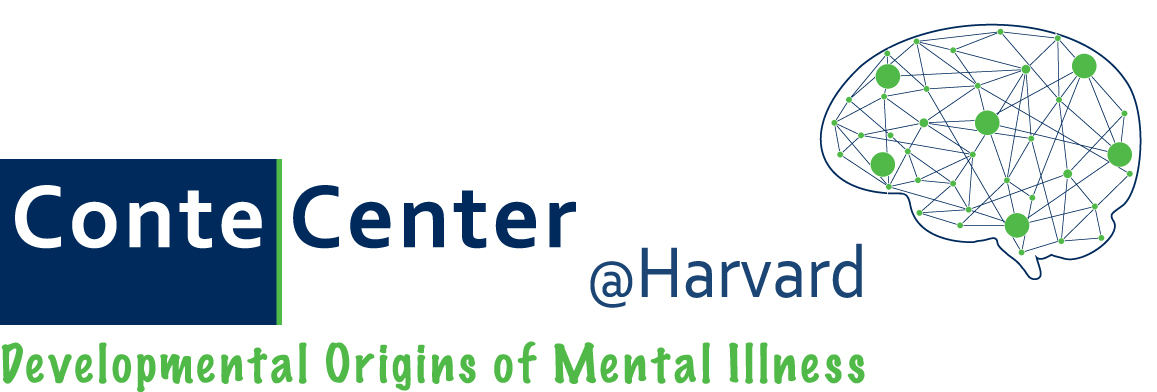Dysregulation of the HPA axis in postpartum depression and the negative impact on offspring behavior
Jamie Maguire, PhD
Tufts University School of Medicine,
Department of Neuroscience
Assistant Professor
Ovarian hormones regulate GABAA receptor subunit expression with elevated levels during pregnancy associated with a downregulation of GABAA receptor subunits mediating both the phasic and tonic components of GABAergic inhibition. Inability to regulate GABAA receptors during pregnancy and the postpartum period, such as in mice lacking the GABAA receptor δ subunit (Gabrd-/- mice) is associated with deficits in maternal care and depression-like behaviors restricted to the postpartum period. These abnormal maternal behaviors are associated with hyperexcitability of the hypothalamic-pituitary-adrenal (HPA) axis. Dysregulation of the HPA axis during pregnancy is associated with numerous negative outcomes in both the mother and the fetus, including but not limited to the increased risk of pregnancy complications and early pregnancy loss, postpartum depression, and deficits in infant behavioral, emotional, and cognitive development. Normally, the stress-induced activation of the HPA axis is suppressed during pregnancy and the postpartum period, which is thought to prevent the adverse effects of elevated levels of stress hormones on the fetus. Cross-fostering experiments demonstrate anxiety- and depression-like behaviors in the offspring reared by mice exhibiting deficits in maternal care (Gabrd-/- mice). These data suggest that dysregulation of the HPA axis may play a role in abnormal postpartum behaviors and mediate the negative impact on offspring behavior. Our lab recently discovered a novel, synaptic mechanism regulating the HPA axis, involving downregulation of the K+/Cl- co-transporter, KCC2, and excitatory actions of GABA on CRH neurons which is required to mount the physiological response to stress. To directly evaluate the role of the HPA axis in mediating abnormal behaviors during the postpartum period, we generated mice lacking KCC2 specifically in CRH neurons (KCC2/Crh mice). These mice have the inability to suppress the stress-induced activation of the HPA axis during pregnancy and the postpartum period, which is associated with deficits in maternal care and behavioral abnormalities restricted to the postpartum period.
TUESDAY MARCH 1, 2016
6:00PM
(LIGHT DINNER SERVED)
THE BIOLOGICAL LABS, LECTURE HALL 1080
16 DIVINITY AVENUE, CAMBRIDGE
Free and open to the public

